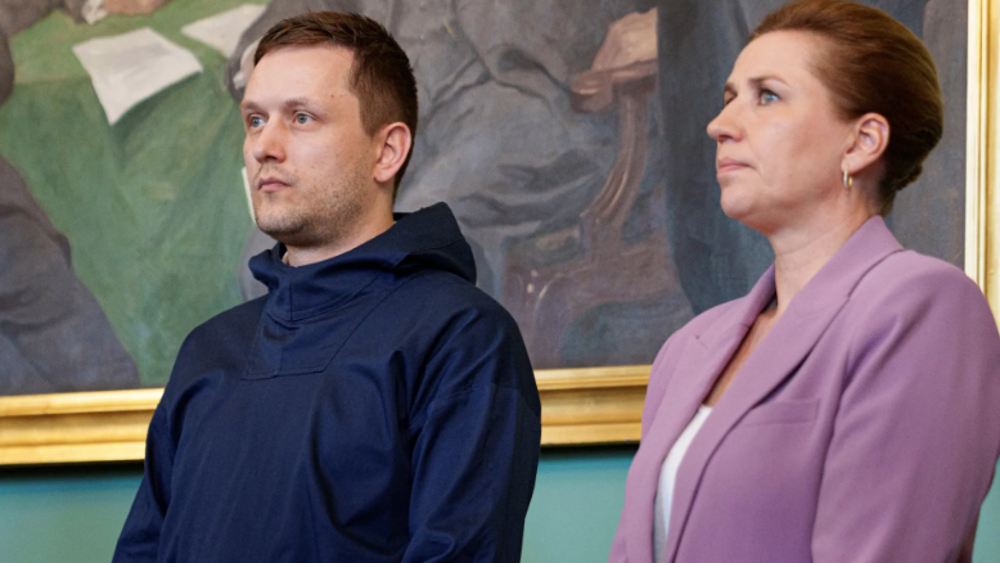UN top court rejects Serbia, Croatia genocide claims
The International Court of Justice (ICJ) has announced that neither Serbia nor Croatia were guilty of genocide against each other’s populations during the Bosnian war in the 1990s.
Genocide, under its current definition, had not been proven against neither the Belgrade nor Zagreb governments during the wars that accompanied the breakup of the former Yugoslavia in the 1990s, ICJ President Peter Tomka said in The Hague on Tuesday.
He said that although Serb forces committed widespread crimes in Croatia early in the war, they did not reach the level of genocide.
“Croatia has failed to substantiate its claim that genocide was committed,” said Tomka, dismissing the Croatian lawsuit accusing Serbia with genocidal intent.
The 17-judge panel also ruled that a 1995 Croat offensive to regain territory taken by rebel Serbs also featured serious crimes but did not amount to genocide.
“Acts of ethnic cleansing may be part of a genocidal plan, but only if there is an intention to physically destroy the target group,” Tomka added.
Croatia opened the case against Serbia in 1999, alleging that Serbia committed genocide in the town of Vukovar and elsewhere in 1991.
In 2010, Belgrade filed a counter claim over alleged genocide of Serbs in the Croatian Army's Operation Storm in 1995, with the expulsion of more than 200,000 Serb forces, including members of the Yugoslav People's Army, from Croatia.
The ICJ president urged both sides to reach some sort of lasting reconciliation.
In 1991, Croatia's proclamation of independence sparked a war with Belgrade-backed rebel Serbs who occupied one third of the territory expelling all non-Serb population.
In 2003, the presidents of Croatia and then Serbia and Montenegro, Stipe Mesic and Svetozar Marovic, apologized for "the evils" committed during the conflict.
GMA/MHB/AS
Iran’s breakthrough oral SMA drug sparks hope for rare disease patients worldwide
VIDEO | Alliance turned battlefield
Venezuela’s Iran embassy: US misjudged Maduro, expected a Noriega, found a Mandela
'Security a red line': Iran vows 'decisive' response to threats
Iran not afraid of enemy, will not submit to US domination: IRGC
Iran foils foreign-linked sedition network, arrests armed suspects
UK acting as US vassal state on Venezuela
VIDEO | US kidnapping of Maduro, and the 'Donroe' Doctrine










 This makes it easy to access the Press TV website
This makes it easy to access the Press TV website